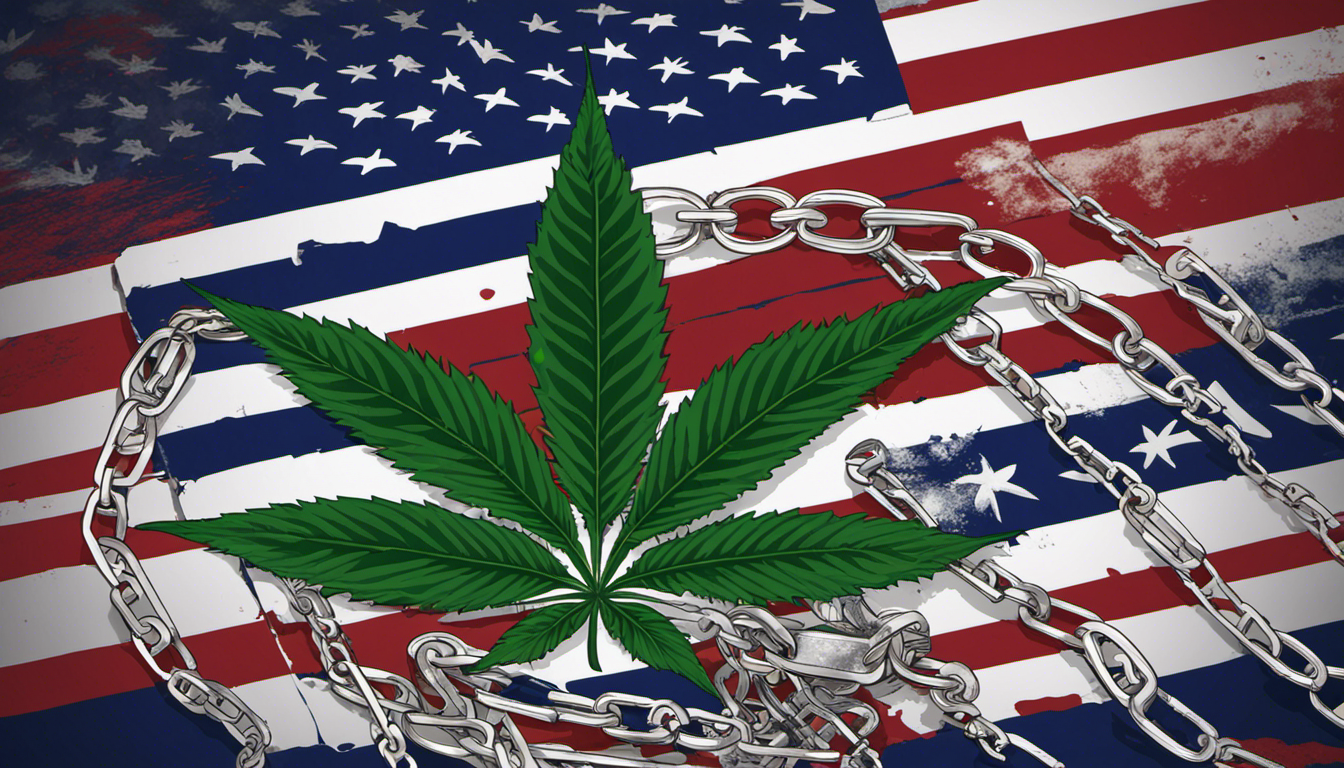The US Drug Enforcement Administration (DEA) is set to reclassify marijuana as a less dangerous drug, a move that could have significant implications for the country’s drug policy. The proposal, which still requires approval from the White House Office of Management and Budget, would recognize the medical benefits of cannabis and acknowledge its lower potential for abuse compared to other drugs.
The DEA’s decision comes after years of growing support for marijuana legalization, with a recent Gallup poll showing that 70% of adults in the US support its legalization. The move is seen as a significant shift in the country’s drug policy, which has been criticized for being overly punitive and disproportionately affecting minority communities.
The proposal would move marijuana from its current classification as a Schedule I drug, which is considered to have a high potential for abuse and no accepted medical use, to a Schedule III drug, which is considered to have a lower potential for abuse and accepted medical uses. This would make it easier for researchers to study the drug and for businesses to operate in the legal cannabis industry.
While the proposal does not legalize marijuana for recreational use, it could have significant implications for the country’s criminal justice system. Many people have been arrested and incarcerated for marijuana-related offenses, and the reclassification of the drug could lead to a reduction in these arrests and convictions.
The DEA’s decision is also seen as a step towards greater consistency between federal and state drug policies. While many states have legalized marijuana for medical or recreational use, it remains illegal under federal law. The reclassification of the drug could help to reduce the conflict between state and federal laws and to promote greater consistency in the way that marijuana is regulated.
However, the proposal is not without its critics. Some argue that the reclassification of marijuana is unnecessary and could lead to harmful side effects, such as increased use and abuse of the drug. Others argue that the DEA should focus on more pressing drug-related issues, such as the opioid epidemic.
The DEA’s decision is expected to be finalized in the coming months, pending approval from the White House Office of Management and Budget. If approved, it could have significant implications for the country’s drug policy and the legal cannabis industry.












